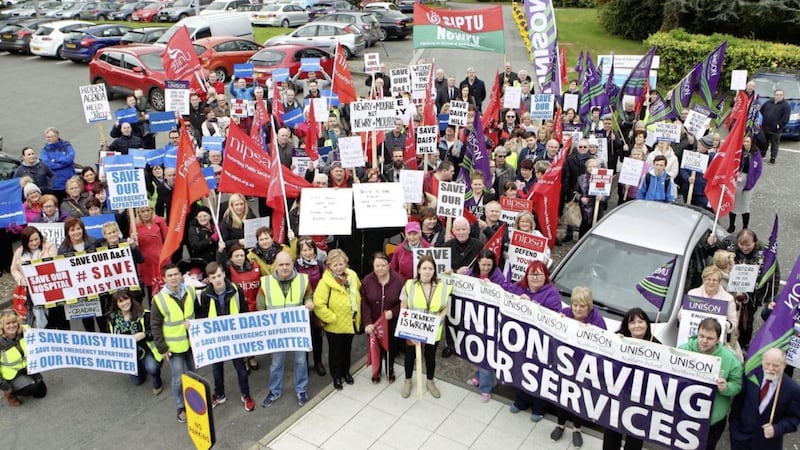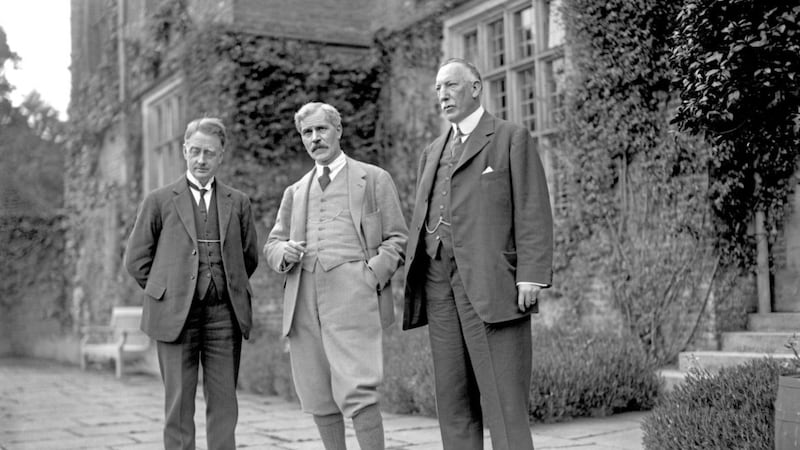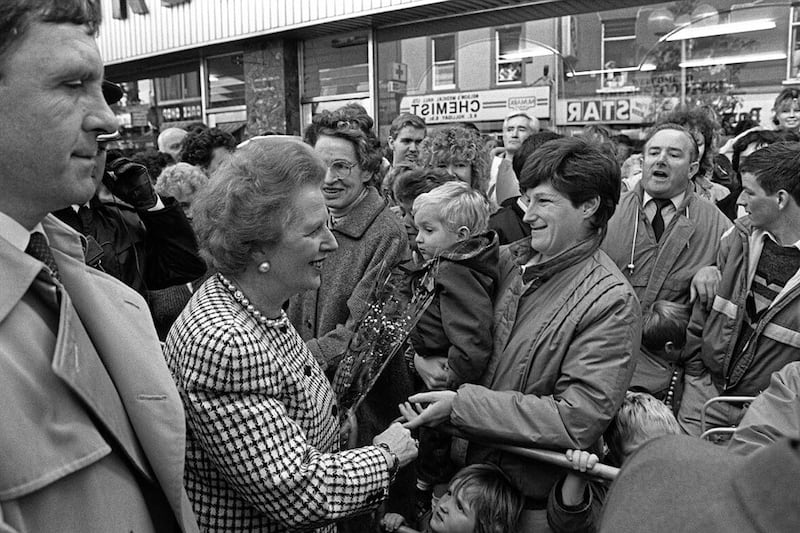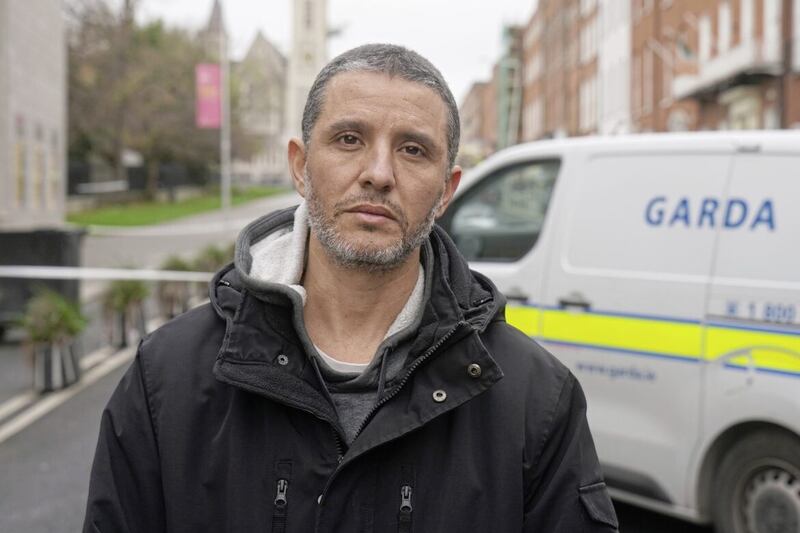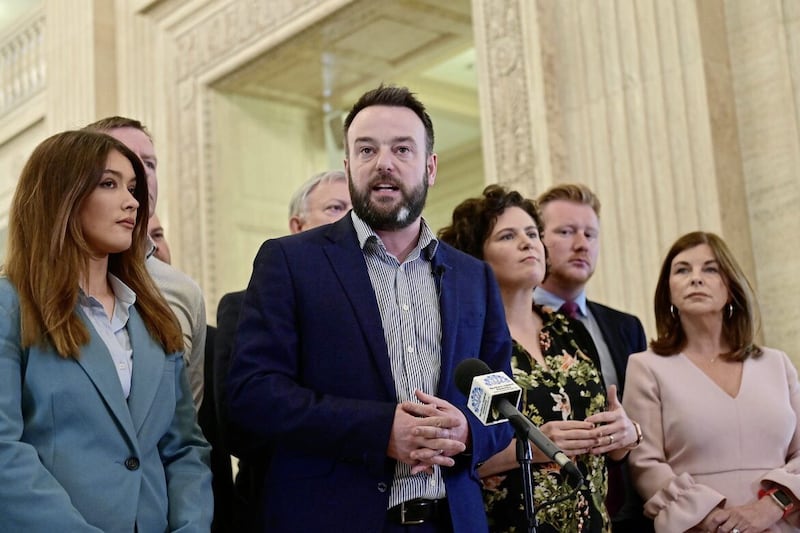No doubt some readers will not have heard about ‘Exercise Cygnus’. It was a trial run commissioned in 2016 by NHS England but with the participation of the devolved regions as to how the health service would cope with a theoretical pandemic. They named their unknown virus as H2N2 - a sub type of influenza which mutated into various deadly strains.
The full findings of Cygnus had to be dragged out of the British government. One unnamed government source told the Daily Telegraph that the results were “too terrifying” to be revealed.
What we do know from the broader conclusions is that the NHS was hopelessly unprepared and under resourced to cope with such a pandemic. In particular, it cited lack of proper equipment, under-staffing and too few hospital beds. In short, consecutive Tory-led governments had failed the NHS by starving it of funds.
More surprising is that the state of preparedness within the NHS did not change much between 2016 and 2020. When the current Covid-19 crisis commenced, NHS England (and in the devolved regions) was not only decimated by cuts but its front line care staff were also demoralised by the corporate negligence of the political classes.
Amidst the worsening crisis of last year, Prime Minister Boris Johnson promised to build forty new hospitals by 2030. Bizarrely his budget was set at £3.7bn when experts say the real cost would be closer to £20bn. As usual with this government the goal was more aspirational than achievable.
Given the greatest resource of the NHS it is people, it was derisory to offer nurses a meagre 1 per cent pay rise. Clapping the NHS outside of Number 10 hardly compensates for the real life sacrifices made by front line staff who risked their own lives to save others.
But this government is all about platitudes. The government said the financial pressures arising from the pandemic could not have been foreseen but they should have.
In Northern Ireland, the health minister was more sympathetic to the plight of nurses and backed it up financially. However he has also issued a stark warning that the backlog of surgeries cancelled during the pandemic could take up to ten years to clear. This warning is bleak but let’s be honest, the waiting lists in Northern Ireland were scandalous even before the onset of Covid-19.
The Mexican stand-off for three years between Sinn Féin and the DUP left Stormont departments rudderless and resulted in Tory overseers, who cared little about the NHS, neglecting its situation. It is little wonder that Northern Ireland’s two private hospitals are amongst the top 20 busiest private hospitals in the UK as desperate patients waiting up to three years to have surgery opt out of the NHS.
Of course, the knee-jerk reaction to predictions of calamity within our health service is to cut back further on the number of acute and elective surgery services in Northern Ireland. Possibly closing hospitals.
The reality is during Covid-19 our system nearly collapsed under the pressure for beds and it would have without the capacity of those same hospitals.
Professor Bengoa’s plan to radicalise the health service over a period of ten years has many good recommendations but it falls short in terms of what our hospital network requires for sustainability and rural communities. (Remember Bengoa’s report - endorsed by the then Sinn Féin health minister Michelle O’Neill - recommended hospital closures).
Hospitals like Daisy Hill in Newry are constantly under threat by bean-counters. But what threatens its future is lack of foresight. Daisy Hill, like Altnagelvin, has the ability to sustain itself as a regional facility offering specialist services across the border. Too much healthcare strategy in the north is limited by blinkered strategists whose thoughts are hemmed in by the border. If the closure of key hospitals is the answer to saving the NHS then we are asking the wrong questions.

